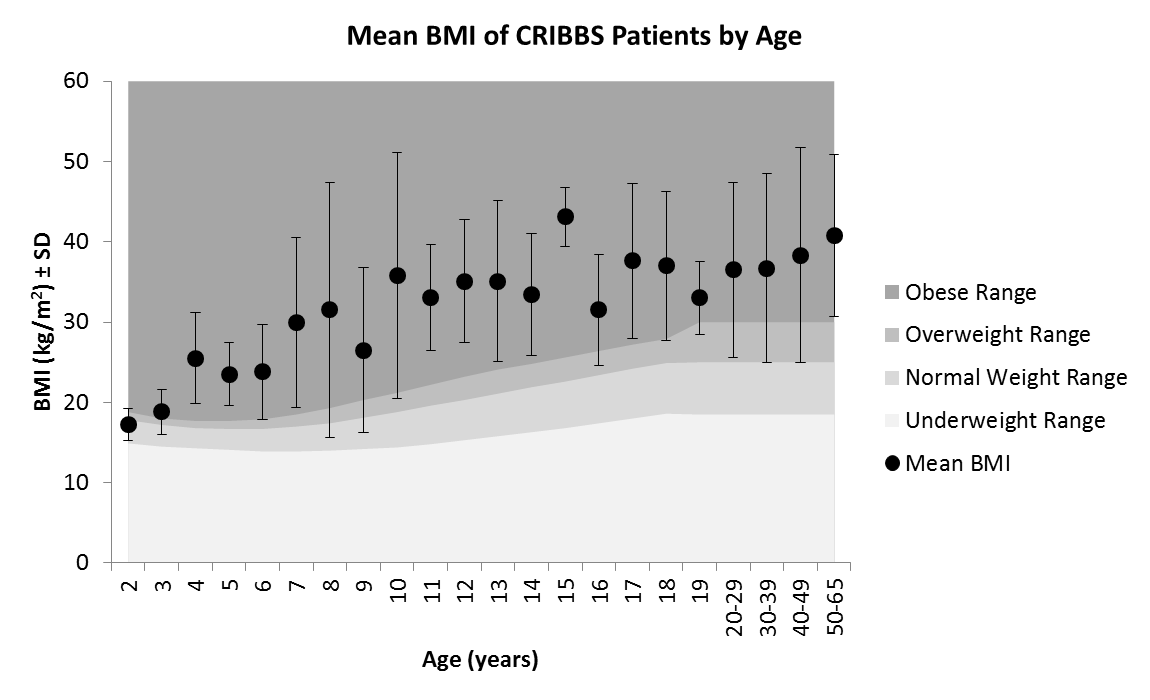Kidney Disease:
Renal transplantation in individuals with Bardet-Biedl syndrome has been primarily reported in case reports or small case series. Oftentimes the reports highlight complications and difficulties associated with renal transplantation. Researchers at Marshfield Clinic Research Foundation used information from CRIBBS to report the largest series of renal transplants performed in individuals with BBS. The findings are encouraging and provide nephrologists (kidney doctors), transplant surgeons and individuals affected by BBS with important information. Learn more at…
Renal transplantation in Bardet–Biedl Syndrome
Neurologic Disease:
Seizures and epilepsy in BBS are considered an uncommon occurrence. Careful examination of CRIBBS reveal that more than 12% of individuals with BBS experience seizures while nearly 10% are identified to have epilepsy. Many individuals begin with seizures early in life but outgrow the need for medications by adulthood. This information will be presented at the American Epilepsy Conference in Houston, Texas in December 2016.
Obesity:
Obesity remains a serious health issue for many individuals with BBS. The graph below shows that obesity begins early in life and for many it persists throughout life. The Marshfield Clinic is working with both industry and other researchers to identify safe and effective treatments using behavioral therapies as well as medications to treat obesity. Ongoing information on our efforts will be provided as the studies move forward.

The research supported by the BBS Family Association and promoted by the CRIBBS project has critical impact for rare disease research. A recent publication authored by Robert Haws MD and colleagues outlines how translational studies in BBS will promote better health for individuals with rare diseases. Learn more at…Bardet–Biedl syndrome: A model for translational research in rare diseases
